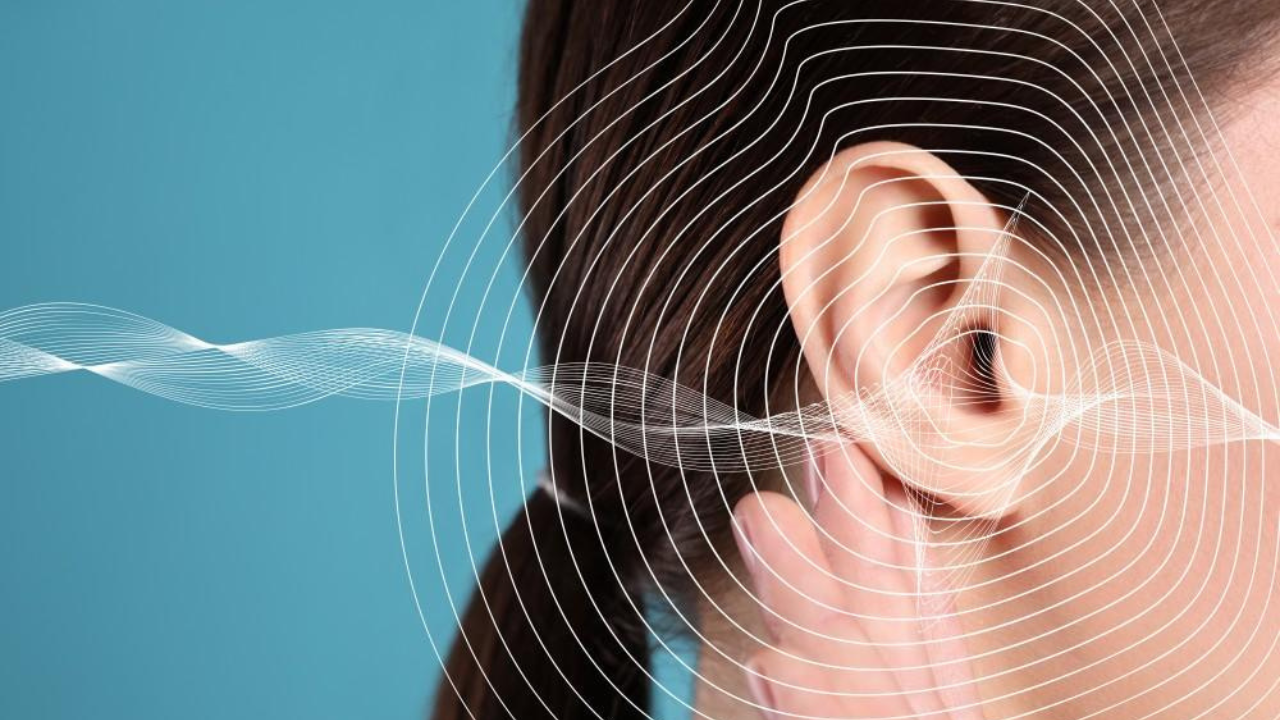
Tinnitus: Decoding the Mystery of Ringing Ears
September 15, 2025
Tinnitus refers to the unusual sensation of hearing a sound when no external source is present. Many describe it as a ringing, humming, buzzing, or whooshing noise that seems to come from inside the ears. For some, it lasts only a few moments after being in a noisy place, but for others, it lingers continuously and interferes with concentration or rest. Although tinnitus itself is not a disease, it acts as a signal that something may be affecting the auditory system or overall health.
Why Does Tinnitus Occur?
The inner ear contains delicate sensory cells that pick up vibrations and translate them into signals for the brain. When these cells are damaged, the brain may misinterpret signals, creating the illusion of sound. Extended exposure to loud machinery, music, or sudden blasts is one of the most recognized reasons. Aging naturally wears down the hearing mechanism, which explains why tinnitus is common in older adults.
Earwax blockage can also be a surprisingly simple cause. When wax builds up, it prevents sound waves from traveling smoothly, leading to pressure and the perception of noise. Medical conditions such as high blood pressure, diabetes, or infections may also trigger tinnitus. Even certain prescription drugs have this side effect. Mental health factors such as anxiety and lack of sleep are known to amplify the experience, making it more noticeable.
How Serious Can It Be?
In mild cases, tinnitus may not require medical treatment and can disappear once the underlying cause is resolved. However, constant or worsening sounds in the ears should never be overlooked. They may be linked to progressive hearing loss, circulation disturbances, or balance disorders. If the ringing comes along with dizziness, ear pain, or sudden deafness, it is important to consult a specialist without delay.
Approaches to Relief and Management
There is no universal cure, but many people find relief once the root cause is identified. Earwax removal, treating an ear infection, or switching medications can sometimes solve the problem. For chronic cases, therapies such as hearing aids with masking features, white noise devices, and cognitive therapies help retrain the brain to ignore the phantom sound. Lifestyle adjustments—like limiting caffeine, reducing stress, protecting ears from loud noise, and maintaining good sleep hygiene—can greatly improve comfort.
Conclusion
Tinnitus can feel overwhelming, but understanding it as a symptom rather than an illness offers hope. With proper diagnosis and treatment, many people are able to minimize its impact and regain a sense of normalcy. Consulting an ENT specialist ensures timely care and guidance, helping individuals manage ringing ears and protect long-term hearing health.

